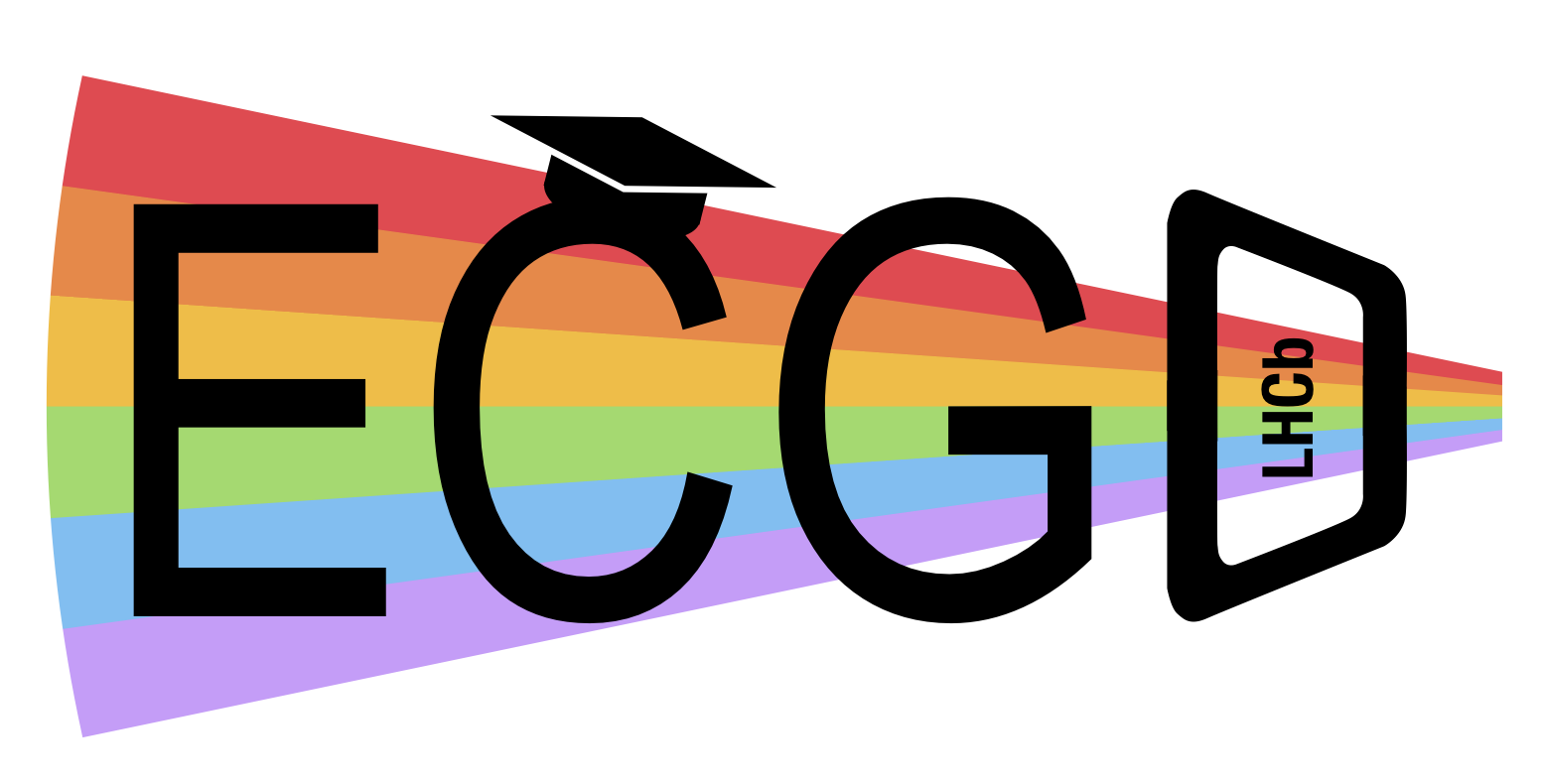Discrimination happens, everywhere and all the time. It is often unintended or unconscious. Examples for implicit discrimination are work practices (e.g. meetings in the late afternoon) that disfavour parents (predominantly young women) who have to look after their children. Another example are Vidyo meetings, where participants connected "from outside" often have a much more difficult time contributing than participants in the main meeting room (usually at CERN). It is one of our goals at the ECGD to identify such discriminating work practices and to help devise means to reduce their impact. We believe that this benefits all of us: measures that reduce discrimination very often help to improve the working environment for everyone. We are keen to hear your ideas and suggestions regarding problematic practices and possible solutions.
Examples of a more direct and personal type of discrimination are sexist comments by colleagues, discriminatory attitudes by your boss that hinder your career, unwelcome advances by an individual in a position of power. Any such behaviour is in conflict with the LHCb Code of Conduct (pdf). Please contact us if you become the victim or a witness of any such type of discrimination or harassment. You can find our personal contact details on the ECGD main page. We are here to listen to you and to discuss possible solutions. We guarantee absolute confidentially and you can be assured that we will not take any action without your explicit consent. While we have very little "hard power" to pursue perpetrators, we do have the open ears of a sympathetic LHCb management, and we might be able to suggest organisations or individuals who can help.
Below you can find a list of resources and information related to discrimination and harassment. Please help us maintain this page: send us an email if you have suggestions for links to add, or if you spot stale or outdated links.
Contacts at LHCb institutes
- CERN Ombudsperson
- "... to provide impartial advice and guidance; to help resolve interpersonal disputes; to listen, share and examine preoccupations or problems; and to guide people at CERN in applying the CERN Code of Conduct."
- See their blog for regular posts of interesting cases (of course anonymized) from the Ombuds' office.
- CERN Harassment Investigation Panel (HIP)
- "... to conduct the formal investigation process following complaints of harassment." The procedure is explained in this document.
On sexual harassment and assault
- Reports and statistics
- Violence against women: an EU-wide survey (FRA, 2014)
- Media Packet: Statistics about Sexual Violence (NCSVR, 2015)
- Journalism
- Universities have made progress on responding to sexual assault, but there’s more to be done (The Conversation, 10 Feb 2019)
- Universities must tackle sexual violence on and off campus (The Conversation, 5 Apr 2018)
- A Swiss perspective: what to do if sexual harassment happens to you (Swissinfo, 14 Dec 2017)
- Cambridge pro-vice chancellor: universities must continue to change if they want to be safe places for everyone (The Conversation, 7 Nov 2017)
- The Thing All Women Do That You Don't Know About (Huufpost, 23 Nov 2015)
- How to respond to an allegation of sexual assault (The Conversation, 28 Jul 2015)
